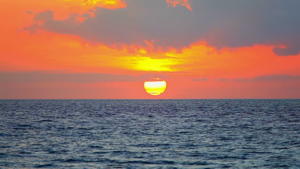
The Presidents from Ecuador, Costa Rica, and Columbia announced an agreement reached recently to increase the protection of some of the world’s most biodiverse waters. “We share these marine resources, and must accept responsibility for managing this region so future generations can also enjoy the rich oceans found here”, said President Rafael Correa of Ecuador. Ecuador and Costa Rica have agreed to share nautical charts in a move to protect the underwater ‘highways’ used by sharks, sea turtles, and other migrating marine life. This agreement will expand the protection areas found in three World Heritage Site, Cocos Island, Malpelo Island, and the Galapagos.
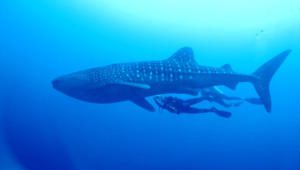
Columbian President, Juan Manuel Santos, has pledged to increase the size of the Malpelo Flora and Fauna Sanctuary. It is already recognized as one of the largest no-fishing zones in this region, and is home to one of the world’s largest gathering of sharks. Costa Rican President, Luis Guillermo Solis, agreed to enlarge the Cocos Island National Park by an additional 4,000 square miles. This decision to quadruple these marine waters where fishing has been restricted will protect the white-tip sharks, whale sharks, and hammerhead sharks that congregate there.
This truly is an historic decision as it is the first time three different countries have agreed to expand marine protection in the waters shared by neighboring countries. While monitoring of these remote areas is possible using surveillance technology, the real key to success will be the political commitment by the three nations to arrest and prosecute the ever-present poachers. This decision hopefully demonstrates a real commitment by each country to work together as a means to protect these important biological corridors.
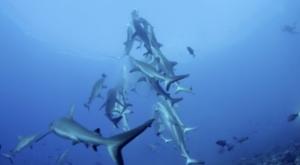
The United Nations has set a target of protecting 10% of the world’s oceans by 2020. Ecuador, Costa Rica, and Columbia have each pledged to meet this important goal. At this time only 3% of the worldwide oceans are protected by marine reserves, while fishing is prohibited in approximately 50% of those regions. This recent agreement will increase the protection measures to safeguard the whales, sharks, sea turtles, tuna, and other marine creatures that migrate or live in the waters off Central and South America. Marine scientists agree that these waters are home to the world’s greatest numbers of different sharks species.
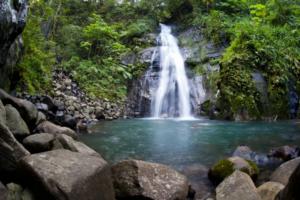
Adding to the good news is the decision to create a new marine reserve around the Wolf and Darwin Islands located in the Galapagos, which will protect the marine life found there from fishing or other destructive practices. Scientists have long known that the fish biomass found around these Islands averages over twice as high as those found near Costa Rica’s famous Cocos Island National Park. While sharks remain in the protected waters off Cocos Island they are safe from fishing boats, but then become vulnerable once they continue along their traditional migratory routes from there to the Galapagos in the south. So this decision to protect the waters around both Wolf and Darwin Islands will have long-term effects on the overall shark populations.
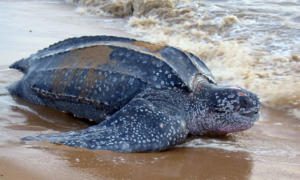
In 1998, the 51,000 square miles Galapagos Marine Reserve was included on the list of World Heritage Sites. Using these new boundary maps, the marine territory claimed by Ecuador will now be five times greater than their continental territory. In 2003, Panama joined with Columbia, Costa Rica, Ecuador, and the World Heritage Center to create a new 750,000 square miles Eastern Tropical Pacific Seascape. This protected area will link the marine waters found in both Panama and Columbia. It will also protect the critical biological corridor for the endangered blue whale, and safeguard one of the few remaining nesting sites for the critically endangered leatherback turtle.
The political will and commitment from these three neighboring countries will now expand the protection of all marine life found in these rich waters, and safeguard these magnificent oceans for future generations.
